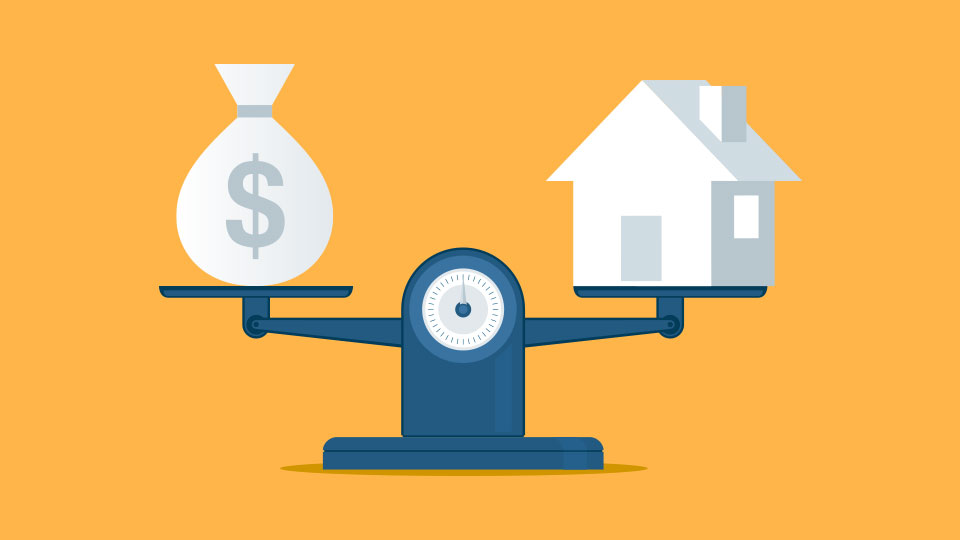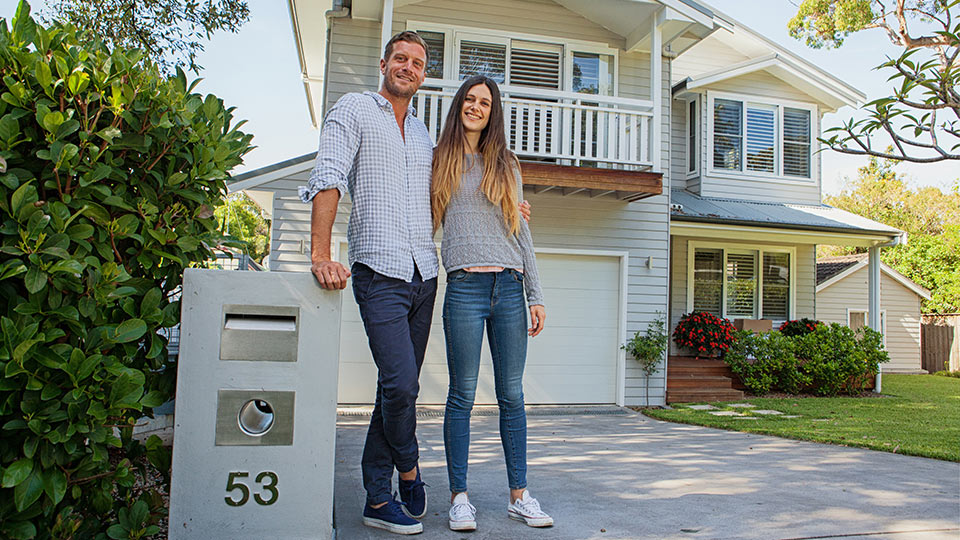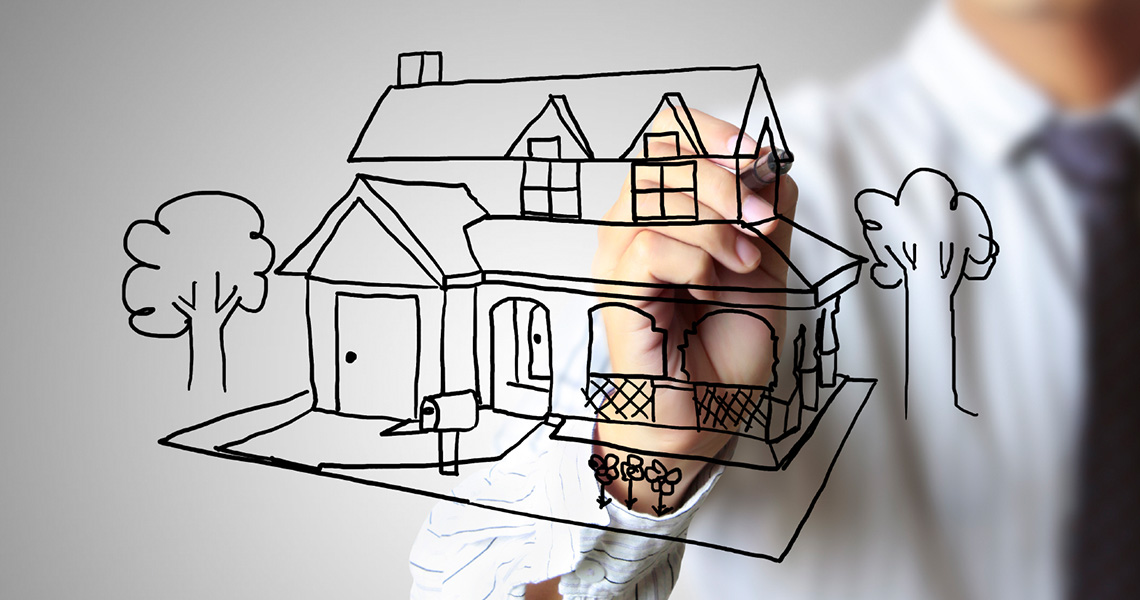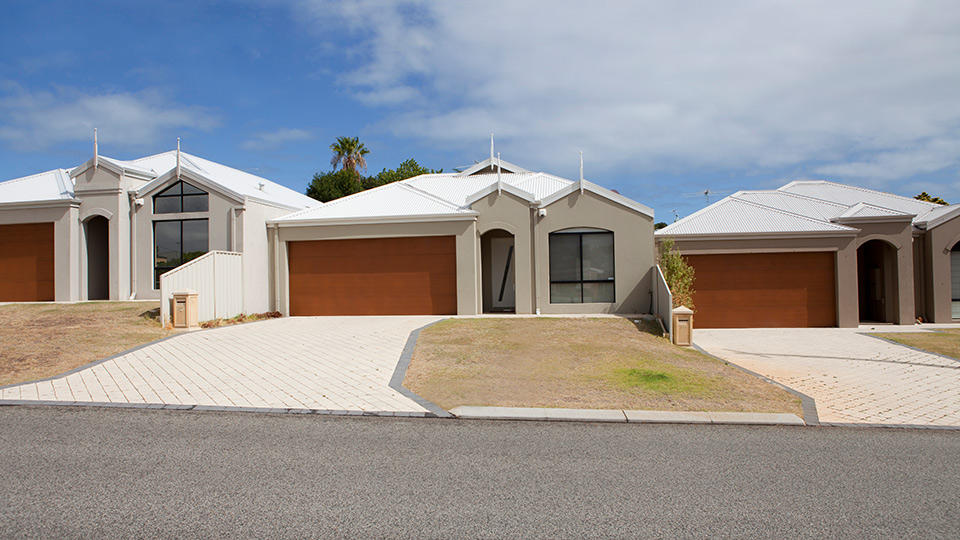October 10, 2016
Should I put money into property or shares?

Choosing whether to invest in real estate or the share market is a complicated decision, and one that should be examined from all angles.
About 36% of Australian adults own shares outside of their superannuation – one of the highest rates of share ownership in the world – while 67 per cent of Aussies own property.
To make the decision-making a little easier, we have put together a list of some of the key advantages and disadvantages of each type of investment.
Property
Pros
- Less volatile in the short-term than the share market
- Security, in the sense of investing in bricks and mortar
- Long-term capital growth potential and the ability to add value to the property via renovations
- Negative gearing and tax deduction benefits
- No capital gains tax if the investment is a primary place of residence
- In some cases, property can be purchased in superannuation via a self-managed super fund (SMSF)
- Property can be leveraged in order to build your portfolio.
Cons
- Big initial capital outlay for deposit and lack of liquidity once the money is tied up in the property
- High transaction costs and fees associated with purchasing property
- Expenses associated with buying, selling and maintaining the property (rates, insurance, and repairs) can be costly
- Repayments may increase if interest rates rise.
Shares
Pros
- Potential to make quick gains and/or reliable income from dividends. Over the 30 years to 2015, Australian shares generated an average return of 10.8% per year, including dividends.
- Shares are easy to buy and sell
- Transaction costs and fees can be low and there are no ongoing expenses such as rates, body corporate, insurance or maintenance and repairs associated with property
- No great capital outlay (no deposit amount required)
- Less sentimental attachment to the investment than a house, so it may be easier to invest rationally
- Potential for tax credits on income (franking credits), also known as ‘tax advantaged income’
- You cannot lose more than you invest.
Cons
- More volatile in the short-term than property, in general
- Not a physical asset
- There are risks; the whole share market may be affected by a sudden downturn
- Potential capital gains tax (CGT) could apply when shares are sold – this depends on how the shares are held, as many sold shares don’t incur CGT if they are held in pension funds or personal names where the CGT is still under the tax-free threshold.
Have you heard about the eggs?
The old adage goes, “don’t put all of your eggs in one basket”, and that’s our advice. The safest option is to diversify and go for a combination of property and share investments.
If you’re feeling confused or overwhelmed with your choices, LDB can assist. We provide financial planning, wealth creation and property advice to help you achieve the right mix of investments to reach your long term financial goals.
Please call (03) 9875 2900 or fill in the contact form below to speak with one of our specialists today.





